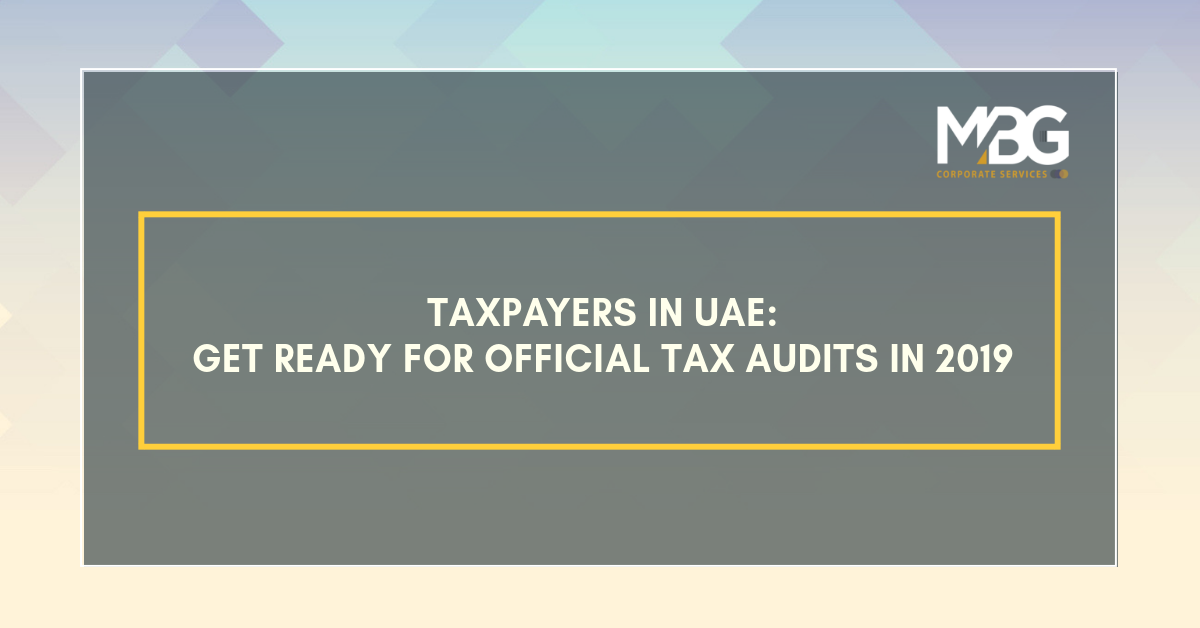Taxpayers in UAE: Get ready for official tax audits in 2019

Taxpayers in the UAE will have to brace themselves for official full-scale tax audits this year.
The businesses need to prepare themselves to be able to completely justify all of their numbers, all of their data, all of their statements, all of their payments, all of their invoices, all of their record-keeping, and all various other aspects of their VAT compliance that will come under increased scrutiny by the authorities as we have entered into the second year of operation. Companies in 2018 struggled to be compliant for various reasons. Some waited too long, some did not expect the levies to be introduced, while others changed their processes to comply, but their work was dogged by mistakes. Business can survive VAT Audit if they can understand the role of tax auditors & prepare them for VAT Audit.
A tax audit is a formal examination conducted by the FTA to verify information or uncover fraud and inaccurate tax returns. The FTA can select tax returns to examine both randomly and intentionally. FTA may perform the Tax Audit at its office or the place of business of the Person subject to the Tax Audit or any other place where such Person conducts Business, stores goods or keeps records
Rights of a Tax Auditor during a Tax Audit
Tax procedures law remarks that the Tax Auditor has the right of entry to the business premises and can temporarily close the business in order to perform the Tax Audit. During a Tax Audit, the authority will have the right to obtain any records (original or copy), verify stock or assets of the business where the audit is proceeding or even seize them for the purposes of the audit. It is the duty of the Person subject to a Tax Audit or his Tax Consultant shall facilitate and offer assistance to the Tax Auditor to enable him to perform his duties.
Records to Be Maintained for Tax Audit
As per Article (78) of Federal Decree Law states that a registrant shall maintain the following records to be made available to FTA when asked:

- Records of all supplies and Imports of Goods and Services.
- All Tax Invoices and alternative documents related to receiving Goods or Services.
- All Tax Credit Notes and alternative documents received.
- All Tax Invoices and alternative documents issued.
- All Tax Credit Notes and alternative documents issued.
- Records of Goods and Services that have been disposed of or used for matters not related to Business, showing Taxes paid for the same.
- Records of Goods and Services purchased and for which the Input Tax was not deducted.
- Records of exported Goods and Services.
- Records of adjustments or corrections made to accounts or Tax Invoices.
- Details of Goods imported to the state along with Customs declarations and Supplier Invoices.
Tag: Dubai, Tax AUdit, Uae


